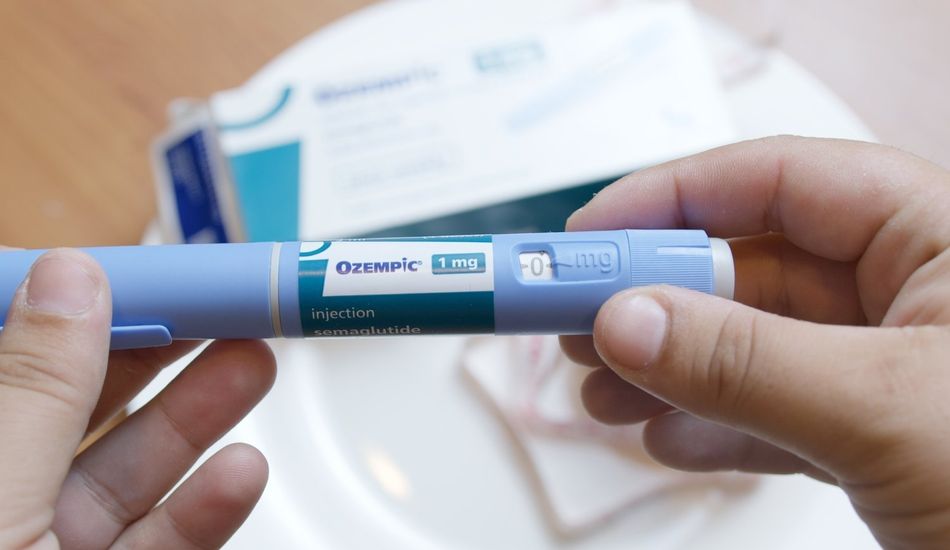
Ozempic: Exploring a Potential Link to Dementia Prevention
Could Ozempic, primarily known for its role in managing type 2 diabetes and obesity, also play a role in **preventing dementia**? Emerging research suggests a potential link, sparking further investigation into the drug's neuroprotective properties.
GLP-1 Drugs and Reduced Dementia Risk
A recent study, a comprehensive review of existing evidence led by researchers in Ireland, indicates that GLP-1 drugs, including Ozempic, are associated with a **lower risk of dementia** in individuals with type 2 diabetes. The study compared individuals on GLP-1 therapy to those on other medications or a placebo and found a significant difference in dementia diagnoses.
Ozempic, Wegovy, and similar medications work by mimicking the GLP-1 hormone, which regulates blood sugar and appetite. While initially approved for diabetes management, their use has expanded to include obesity treatment. Given that poorly controlled diabetes is a risk factor for Alzheimer's and other dementias, and that GLP-1 therapy can reduce cardiovascular disease risk, researchers are exploring its potential benefits for brain health.
Analyzing the Data
The research team analyzed data from 23 randomized, placebo-controlled trials involving approximately 160,000 volunteers. While the overall use of glucose-lowering drugs wasn't linked to a lower dementia risk, **GLP-1 drugs stood out** when analyzed separately.
The study, published in JAMA Neurology, concluded that "glucose-lowering therapy with GLP1-RAs, but not SGLT2is or pioglitazone, was associated with a statistically significant reduction in dementia or cognitive impairment."
Previous Findings and Future Research
This new study builds upon previous research suggesting a potential dementia-buffering effect from GLP-1 therapy. Earlier studies have indicated that liraglutide, another GLP-1 drug, may reduce brain shrinkage in Alzheimer's patients. Other reviews have highlighted the potential "metabolic and neuroprotective benefits" of GLP-1 drugs in individuals with Alzheimer's.
The exact mechanisms by which GLP-1s might protect the brain are still being investigated, but potential factors include reduced inflammation and improved brain cell communication. Novo Nordisk, the maker of Ozempic and Wegovy, has launched large-scale phase III trials to test semaglutide in people with early Alzheimer's disease. The results of these trials, expected next year, will provide more definitive answers.
Source: Gizmodo